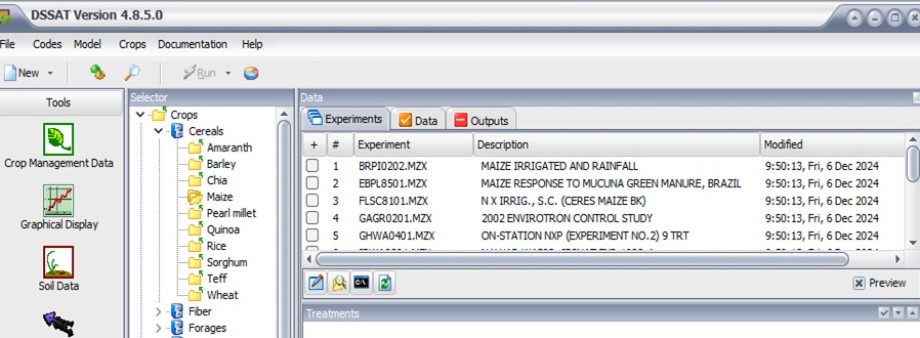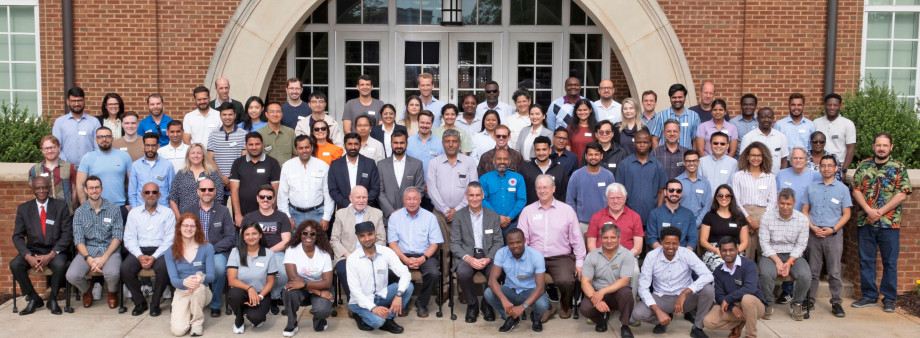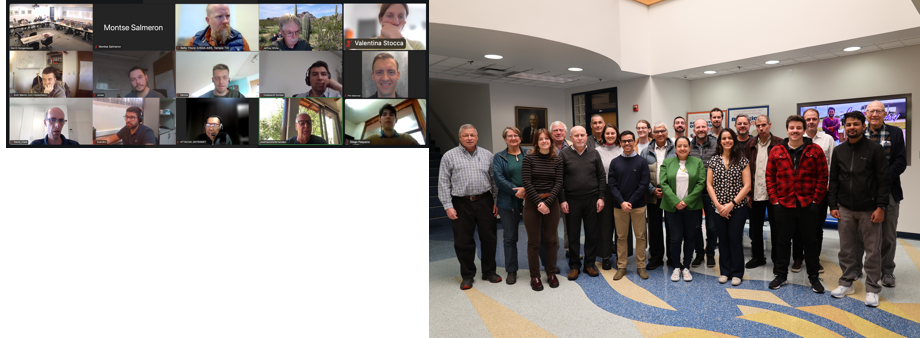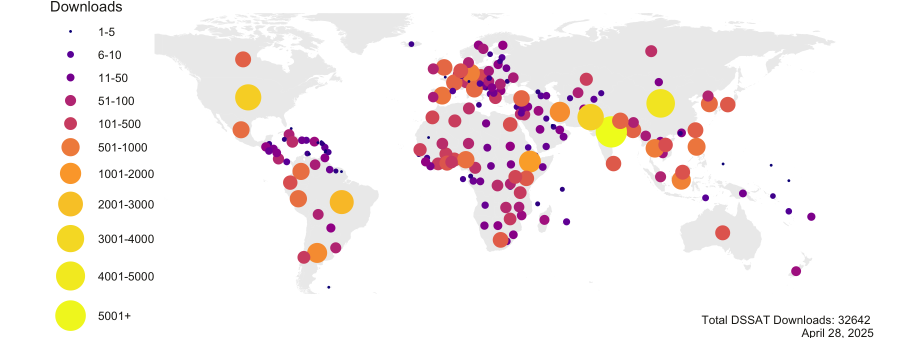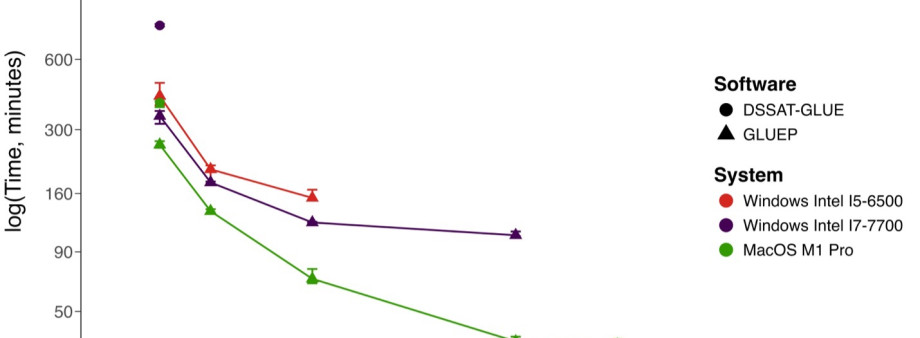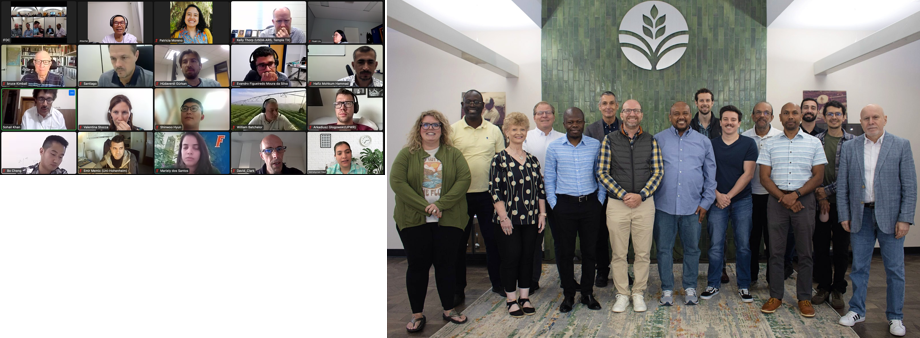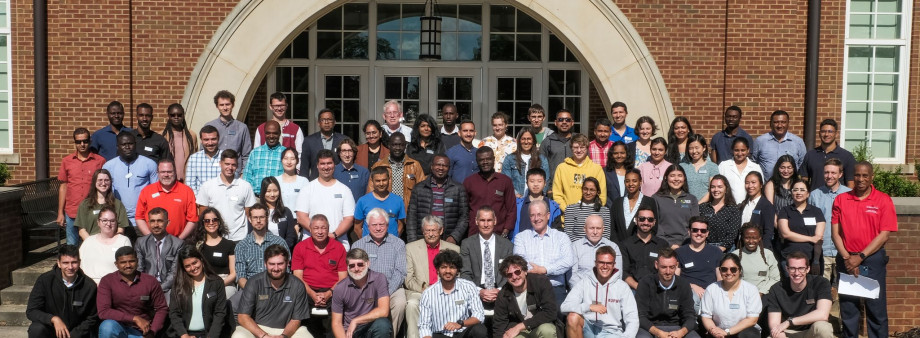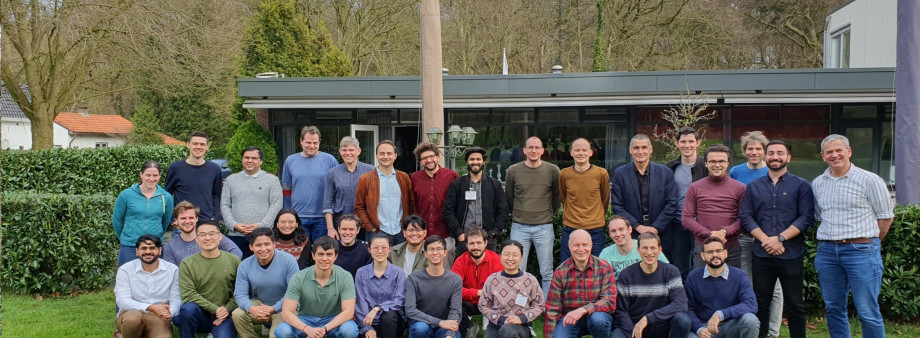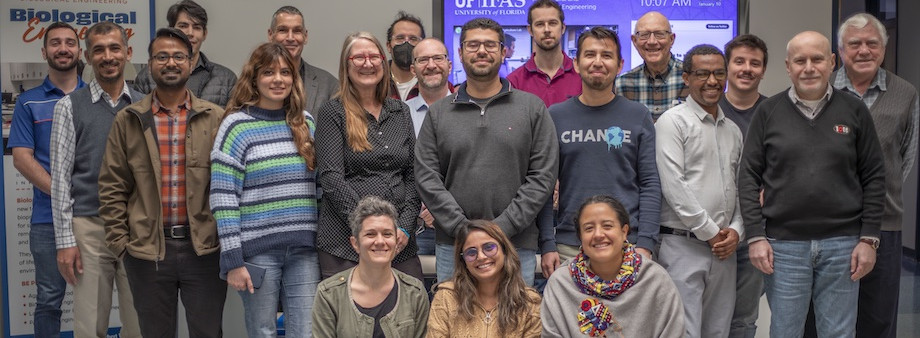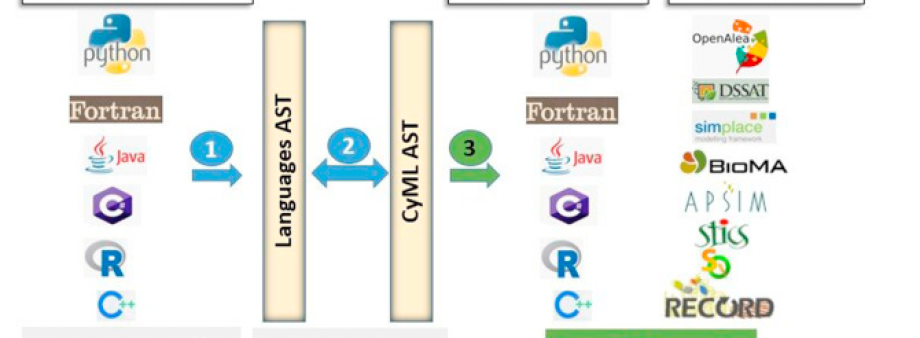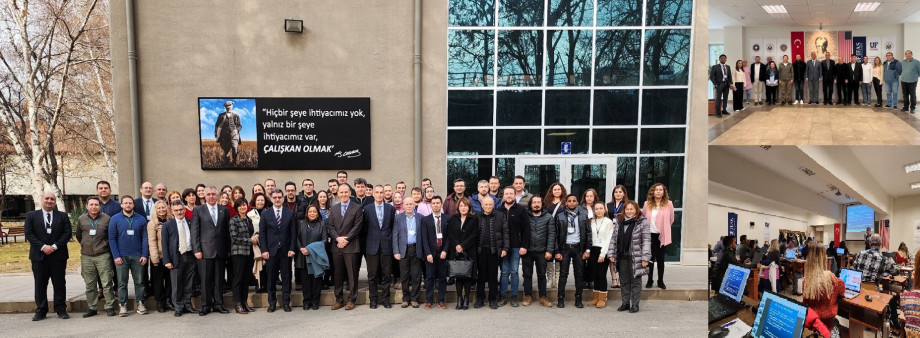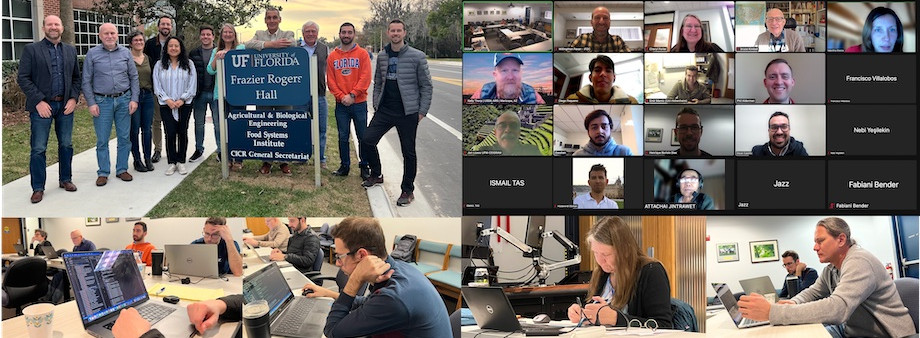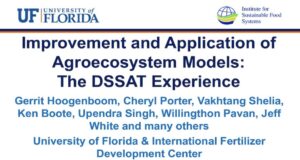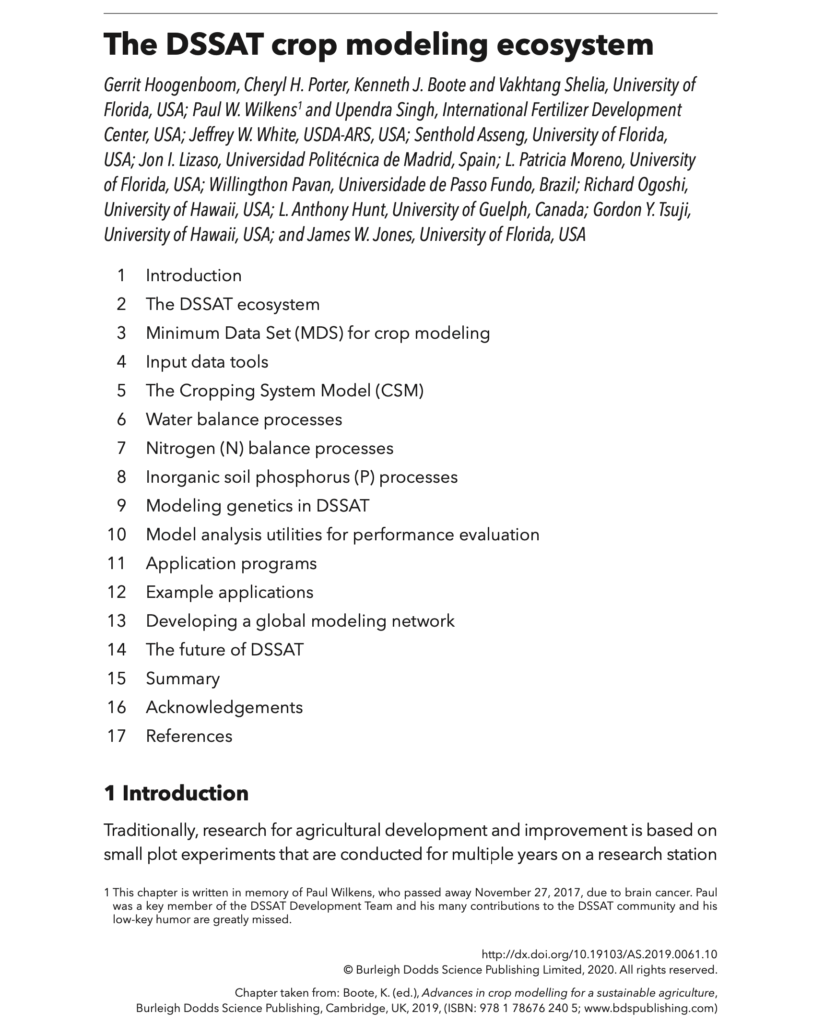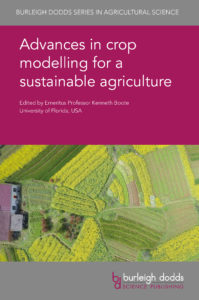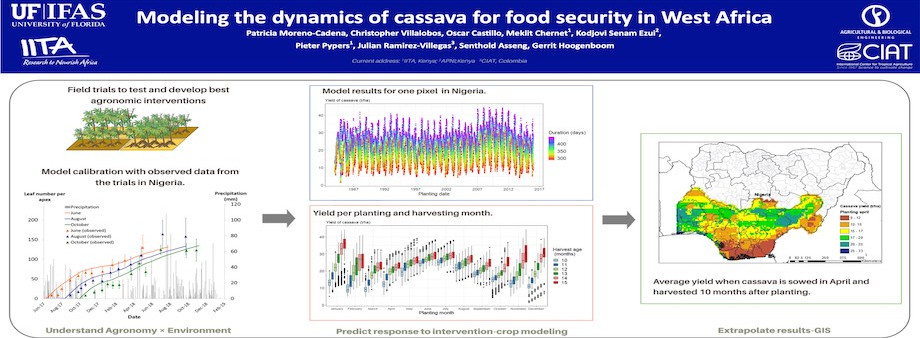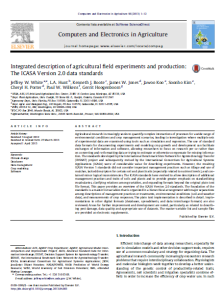CRAFT: A New Spatial Yield Forecasting Tool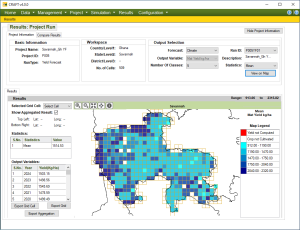
The CCAFS Regional Agricultural Forecasting Toolbox (CRAFT) is a software platform designed for yield forecasting at 5 or 30 arc-minutes spatial resolutions using an ensemble modeling approach. Twenty-three important food and feed crops have been implemented using the DSSAT Cropping System Model as the main crop model engine.
CRAFT is an initiative of CCAFS and was developed in partnership with the University of Florida. It has been successfully applied to forecast the in-season yield of wheat and rice cropping systems in Nepal and Bangladesh. It has also been evaluated for yield forecasting and climate change applications in West Africa in collaboration with the WASCAL Project, Agrhymet, and the CASCAID Project of ICRISAT.
Read More about CRAFT Download CRAFT v4.0
